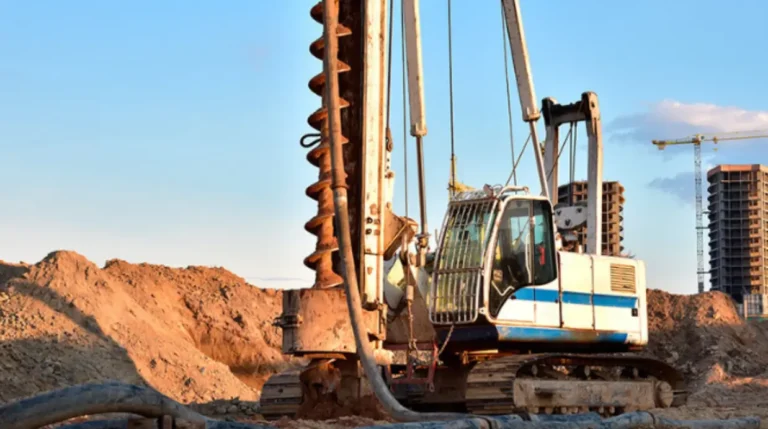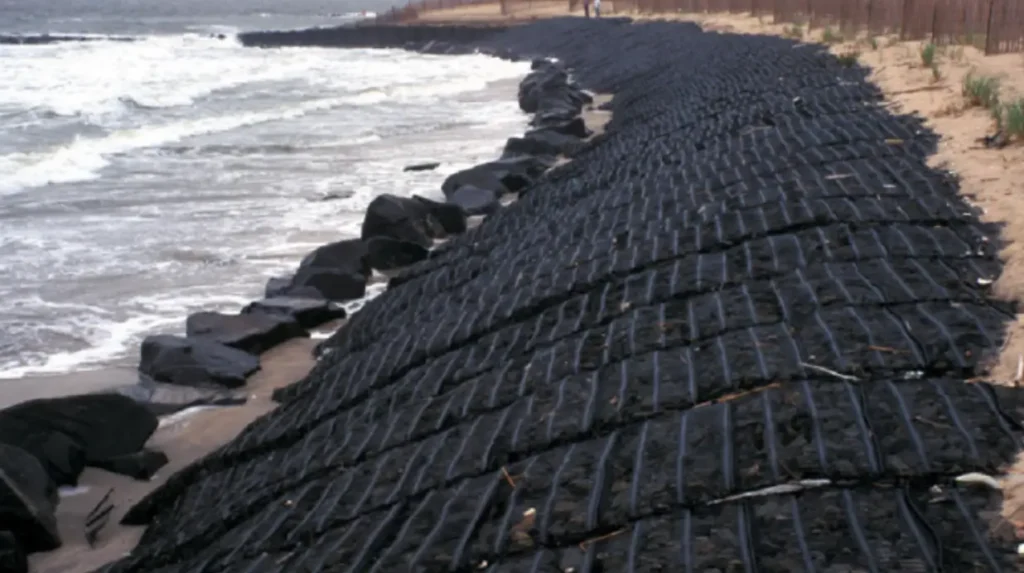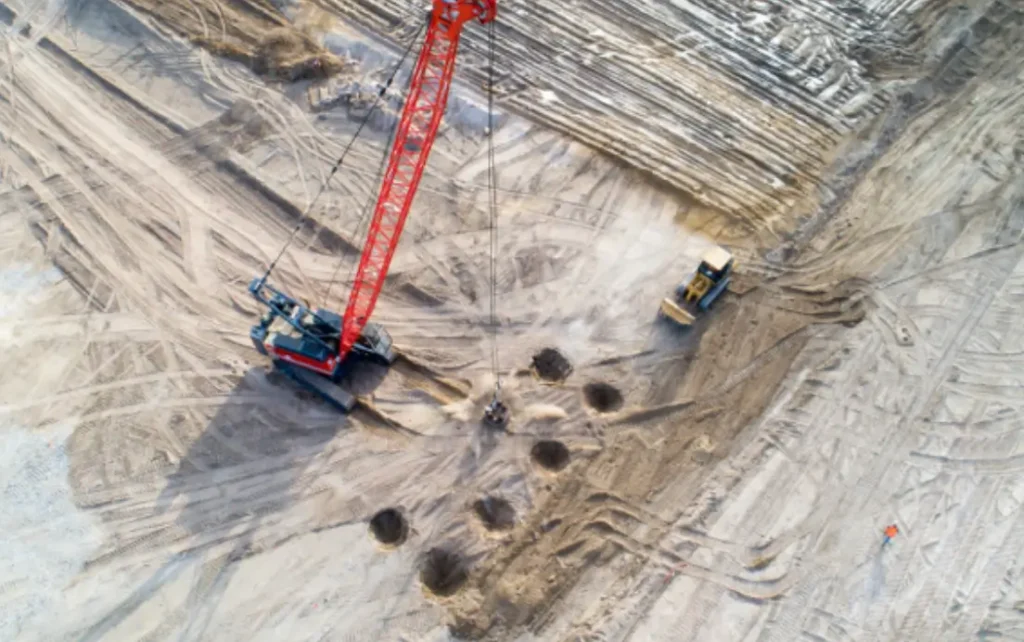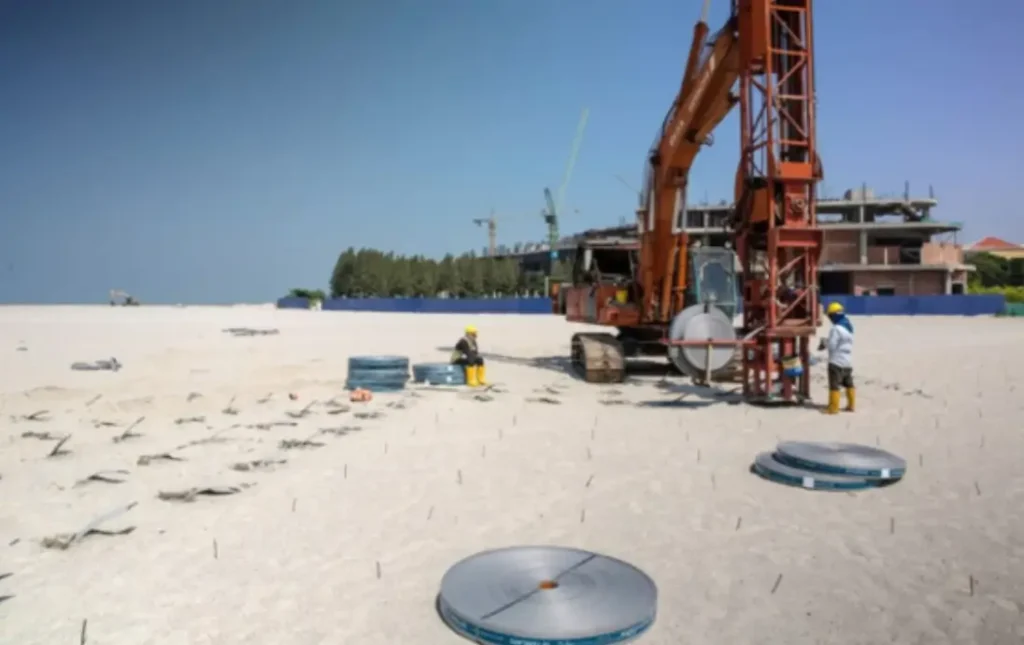Ground Improvement
Purpose of Ground Improvement
Engineers often encounter challenges in road construction, working platforms, mining operations, and structural design on problematic soils. These difficulties usually arise due to high costs and limited resources, making advanced ground treatment methods essential.
Common approaches to address these geotechnical issues include:
Excavation
Soil replacement techniques
Surcharging methods
Extended construction timeframes
Route adjustments
While effective, these traditional techniques can be highly expensive and resource-intensive, prompting the need for more efficient geosynthetic solutions.
Ground Improvement with MJY Geosynthetics
MJY offers a full range of geosynthetic products to handle soil problems in construction, mining, and infrastructure projects. Our solutions improve stability, enhance soil strength, and ensure long-term performance.
Key Benefits
- Stabilize embankments and prevent slope failure
- Reinforce weak foundations and increase soil strength
- Improve drainage and reduce hydrostatic pressure
- Separate fill materials from subgrade soils
- Build stable working platforms for heavy loads
- Increase density and minimize permeability
MJY Geotextiles deliver reliable quality, competitive prices, and proven performance—making them the trusted choice for engineers and contractors worldwide.


MJY Grid Composite & Marine Mattress Systems
MJY develops grid composite and marine mattress systems designed for use with armor stone and beneath riprap. When combined with geotextiles and geogrids, these solutions enhance rubble-mound structures by providing a stronger filtration layer and a more stable foundation.
Key Benefits
Effective Filtration & Separation – prevents soil loss and maintains structural integrity.
Reduced Differential Settlement – improves long-term stability of coastal and hydraulic structures.
Engineers rely on MJY marine mattress systems for riverbanks, seawalls, and offshore projects where durability, drainage, and reinforcement are critical.
Typical Techniques


Ground Improvement Techniques with Geosynthetics
Modern geotechnical engineering relies on advanced soil stabilization and reinforcement methods. Below are some of the most effective ground improvement techniques:
Jet Grouting
A powerful in-situ soil stabilization method that uses high-pressure cement slurry injection to create columnar silcrete elements, improving foundation strength in weak soils.
Soil Nailing
An effective solution for stabilizing weathered rock, open-cut slopes, and both permanent and temporary retaining structures.
Rammed Aggregate Pier (RAP)
Uses high-frequency ramming power to compact aggregates, forming stiff columns that strengthen surrounding soil and enhance load-bearing capacity.
Geosynthetics
Manufactured from high-density polyethylene (HDPE) and polypropylene, MJY geosynthetics are ISO and CE certified, ensuring durability, drainage, and separation in infrastructure projects.
Concrete Canvas
A versatile hydrated concrete fabric that creates a fire-resistant, waterproof, and durable protective layer. Applications include:
Ditch lining
Slope protection
Bund lining
Erosion control
Waterproofing
Irrigation systems
Concrete canvas enables rapid concrete construction without heavy machinery or mixing tools.
Prefabricated Vertical Drains (PVD)
Artificial drainage paths designed to:
Accelerate clay subsoil consolidation
Improve soil strength quickly
Enhance long-term structural stability
One Stop Geosynthetics Manufactry Leader
MJY is a trusted geosynthetic manufacturer for over 10 years with our expertise and vast knowledge in the industry.
